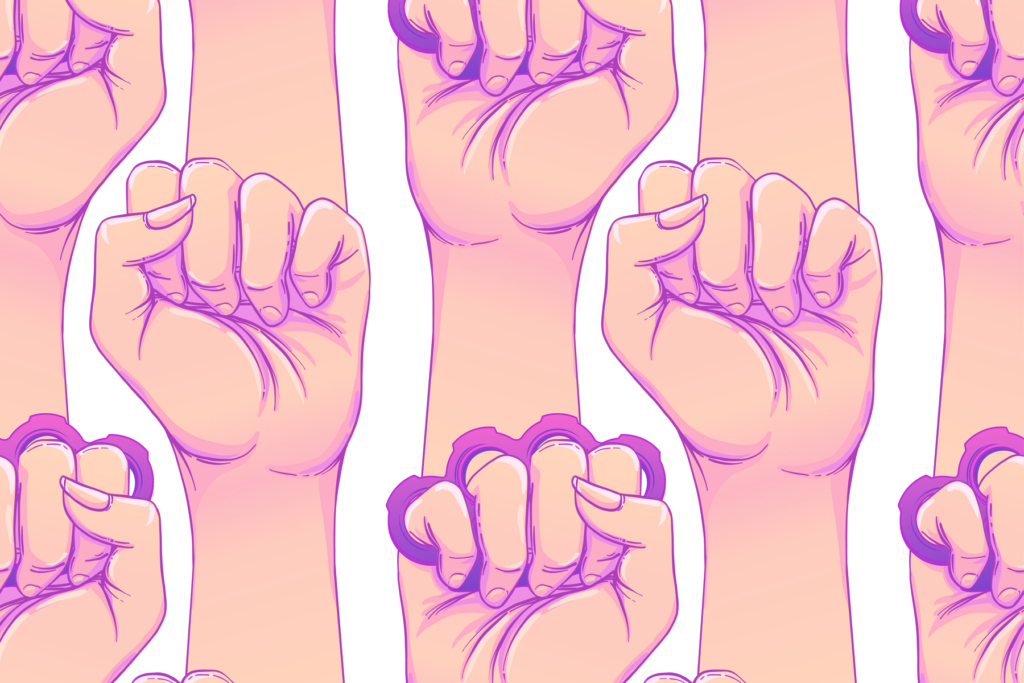
Photo by Gorbash Varvara via Shutterstock.com
The South Asian community is riddled with gender roles defining what a woman can and cannot do. These gender roles are accompanied by expectations we must live up to, with appearance being the most prominent one. Fair skin, no body fat and an average height. Neither too short nor too tall. This is the definition of piyaari in our community. The eurocentric beauty standards that our ancestors once witnessed during the British Empire are still praised in the modern age.
Our community has moved on in some ways, yet for some reason, South Asian women are still pressured into being anything except what we want for ourselves. “To Be a Woman” reflects the words spoken to us on a daily basis. People have told me these things and my poem is an interpretation of their words. We must challenge gender roles to create a world of acceptance and develop tolerance around us so women can be women, not slaves of society.
[Read Related: South Asian-Canadian Communities are Sexist, so What are Men Going to do About It?]
To Be a Woman
Use Fair & Lovely, you will look prettier, they said.
Because beauty only means fair skin.
Eat less, you will look prettier, they said.
Because beauty only means being skinny.
Don’t talk too loud, you’re a girl, they said.
Because your femininity relies on your volume.
Don’t be friends with boys, you’re a girl, they said.
Because your femininity relies on your social circle.
Listen to your elders and don’t speak up, they said.
Because your voice has no value.
Learn how to cook If you want to get married, they said.
Because love is only acquired from serving a man.
You can’t get married if you don’t know how to clean a house, they said.
Because love is only acquired from domestic work.
Oh little brown soul,
For how long will you abide by their laws of being a woman?
For how long will you let them indulge in the pleasure of dictating you?
Oh little brown soul,
Free yourself and let your black locks fly, for you have your own identity to create, your own respect to build.




